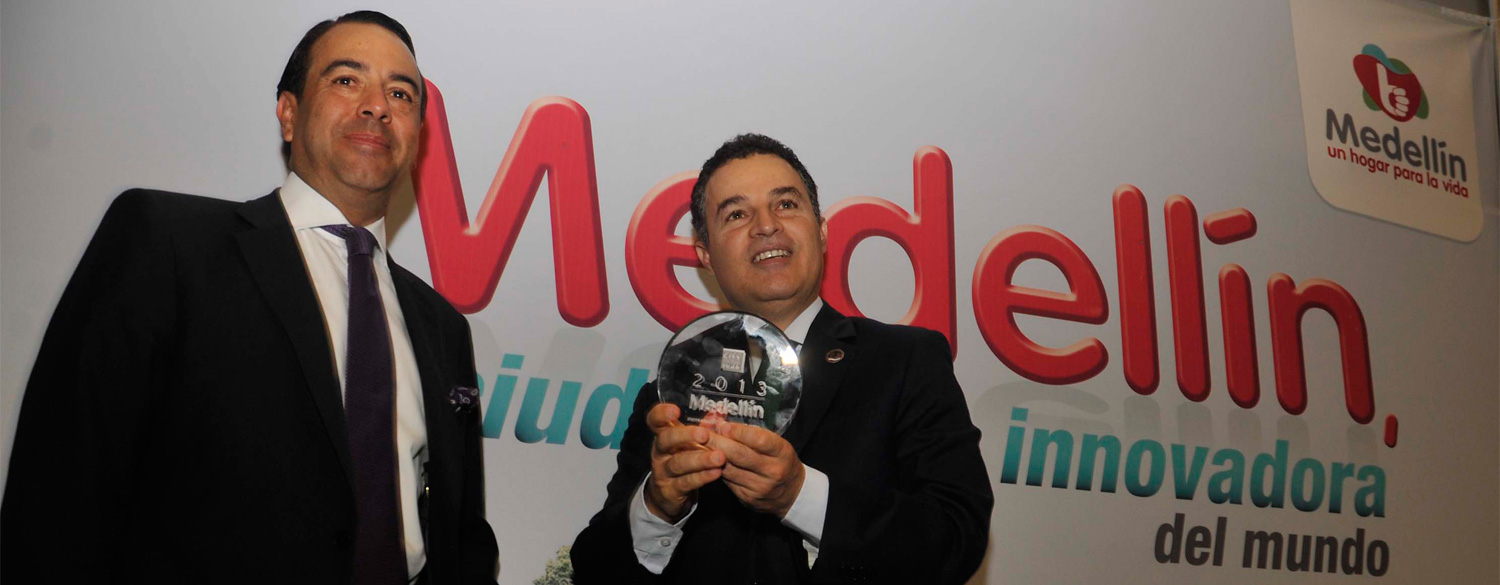I’ve spent the last several months, exploring the state of Digital Innovation in Latin America. Although I wouldn’t say that there are tons and tons of examples, what I would say is that there are some impressive companies. The obvious examples are players such as Buscapé with their US $340 investment from Naspers and Mercado Libre, which had their IPO in the states a few years ago. As ComputerWorld recently published, Latin American Net Arena offers VC Opportunities.
Nevertheless, smaller companies such as VivaReal and Compra3 have achieved great success early on thanks to building world-class teams and executing very well. Both of these companies, similar to Buscape and Mercado Libre, are focused primarily on Latin America though the potential to go global is being pursued by others. Though I wouldn’t dissuade a company from targeting the global market, there is such a void at the moment in terms of interesting content and applications targeting the regions rapidly growing user base.
Indeed, Twitter just released some numbers, published also by TechCrunch, on user growth and Latin America is the fastest growing region. Latin American culture is extremely social and this region has been shown to be heavy users of social media and mobile devices. The end result is that the users exist for new applications and content, but, for the most part, they need to make due with a few local choices or hook up with the main players such as Facebook, Amazon, Twitter and others.
Also, in terms of taking advantage of the approximately 150 million Internet users in Latin America from a marketing perspective, it certainly seems as though most companies in the region are asleep at the wheel. There are certainly exceptions to this rule doing some pretty innovative things. In fact, lately, Brazil has been in the news thanks to its growing economic leadership and even thanks to their recent interest in acquiring companies in the developed world.
Either way you cut it, there is a tremendous amount of opportunity in Latin America, which isn’t apparent yet to global investors and even people in the region. There are some exceptions and these are growing. Brazil, particularly, has been attracting angel investors such as New Yorker, Michael Nicklas, who has been quite active recently not only in terms of funding, but also, in promoting investment through speaking at conferences and his blog, Startupi.
As an example, I had the opportunity the other day to talk with another US investor interested in funding a company in Latin America in the digital space. It was a great conversation as this investor is extremely sharp and am sure closes deals worth many millions every week. Nevertheless, he was trying to rapidly come up to speed on the environment and the nuances of this market, which is not easy. Some things don’t happen as quickly down here and some basic infrastructure (e.g., credit cards, e-commerce, etc.) are not well established, yet, the growth rates and early successes can not be denied.
I could quote many statistics showing that each country boasts growth rates in terms of users, time spent online, e-commerce and other areas of 40% and above. Any of these statistics can quickly be found by doing a quick search. However, this is more of a paradigm switch where more US and European investors need to wake up to the fact that they are ignoring a region with a dearth of content and applications, but with a user base that grows exponentially on a yearly basis. Differentiating a company in Latin America is much, much easier and, for the most part, amounts to bringing world-class teams and execution to bear.
There’s no question that countries such as Brazil, Argentina, Chile and, to some degree, Mexico, are at a more advanced stage when it comes their start-up and investment ecosystems. Nevertheless, there are small pockets of world-class teams working away in countries such as Colombia and this will continue to grow.
It definitely feels like we’re at the beginning of something very big. I am extremely confident that within three years Angel and VC investment in technology start-ups will have dramatically increased and two years after that Latin America will be home to at least ten powerhouses on a par with Buscape and Mercado Libre.


